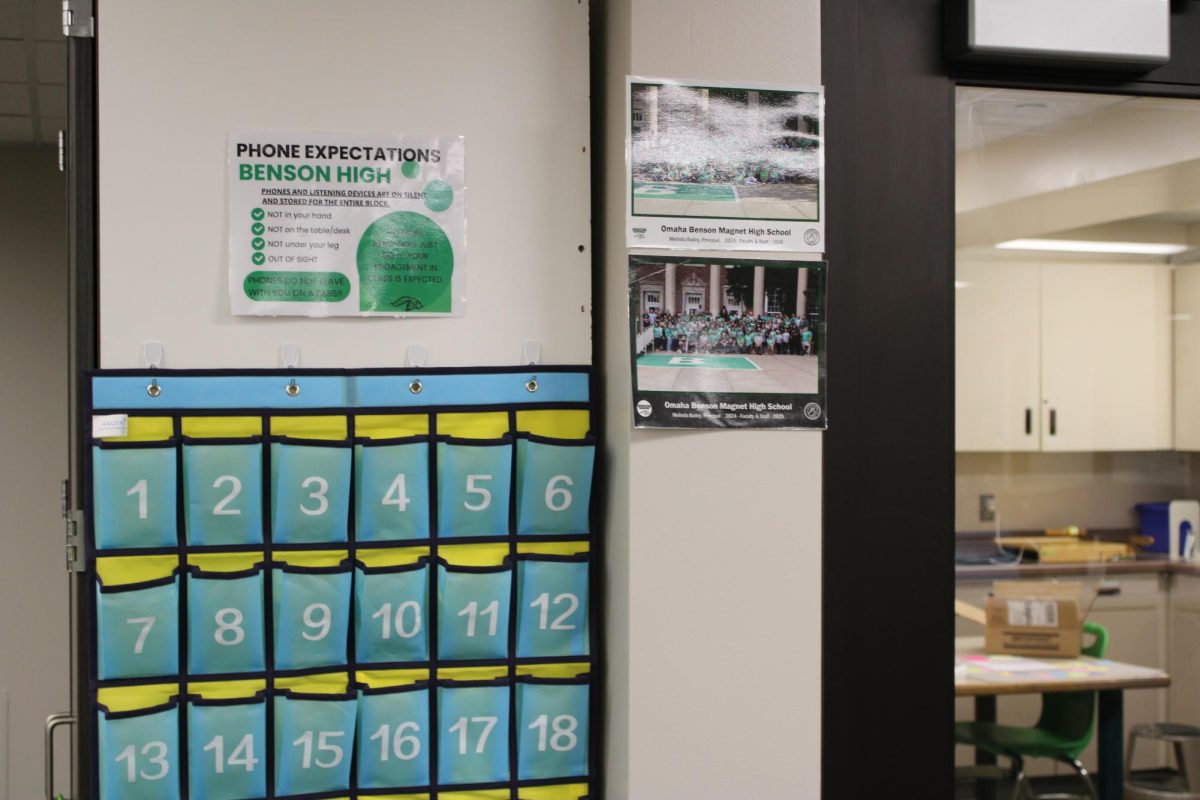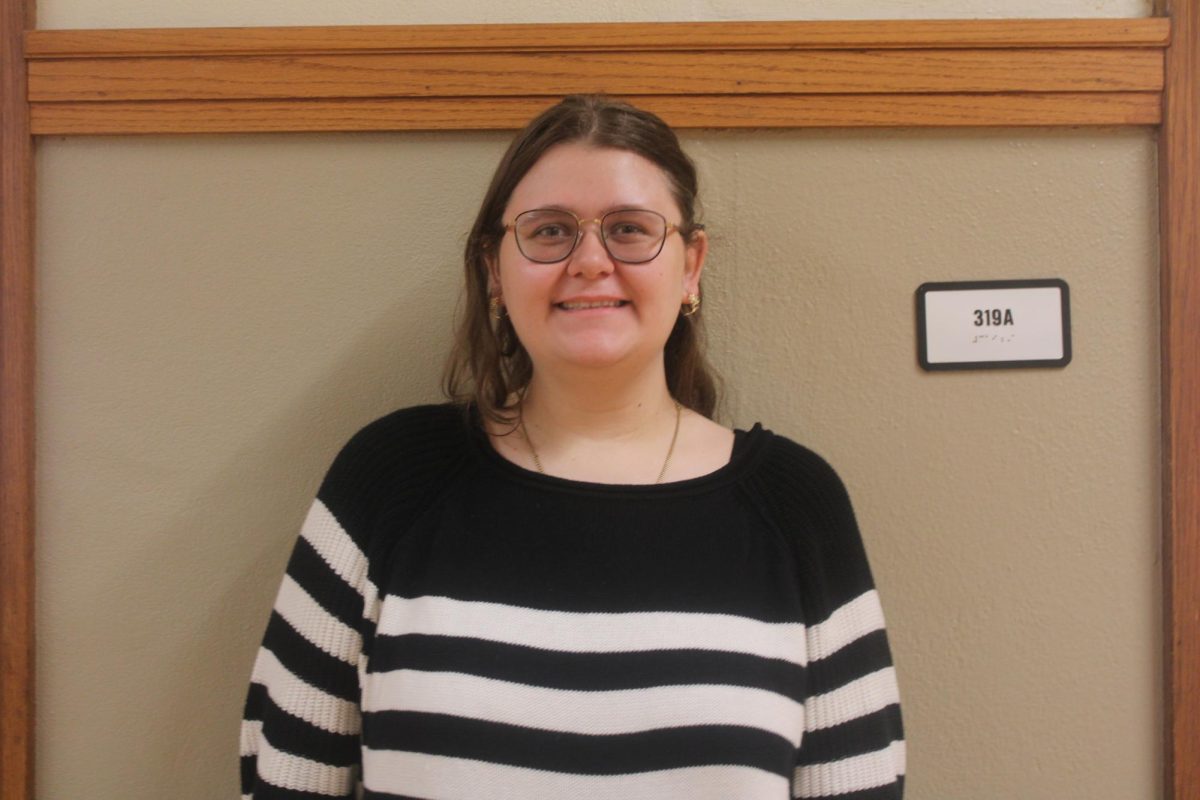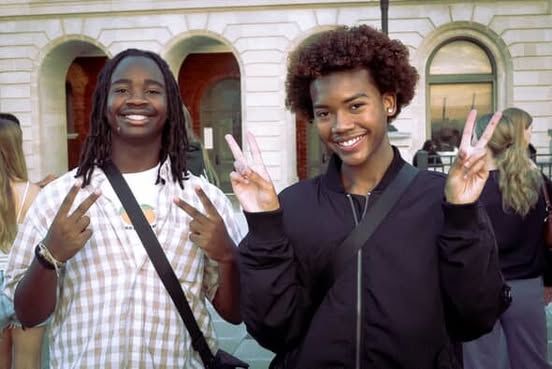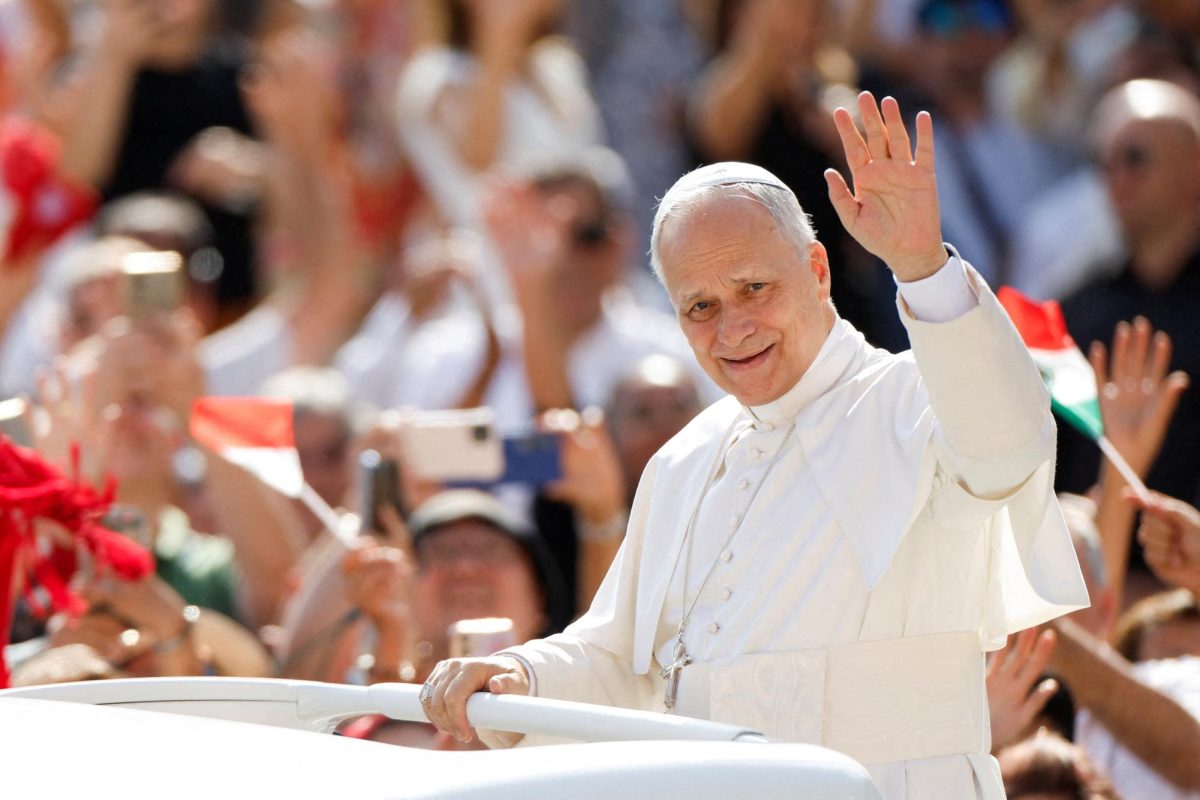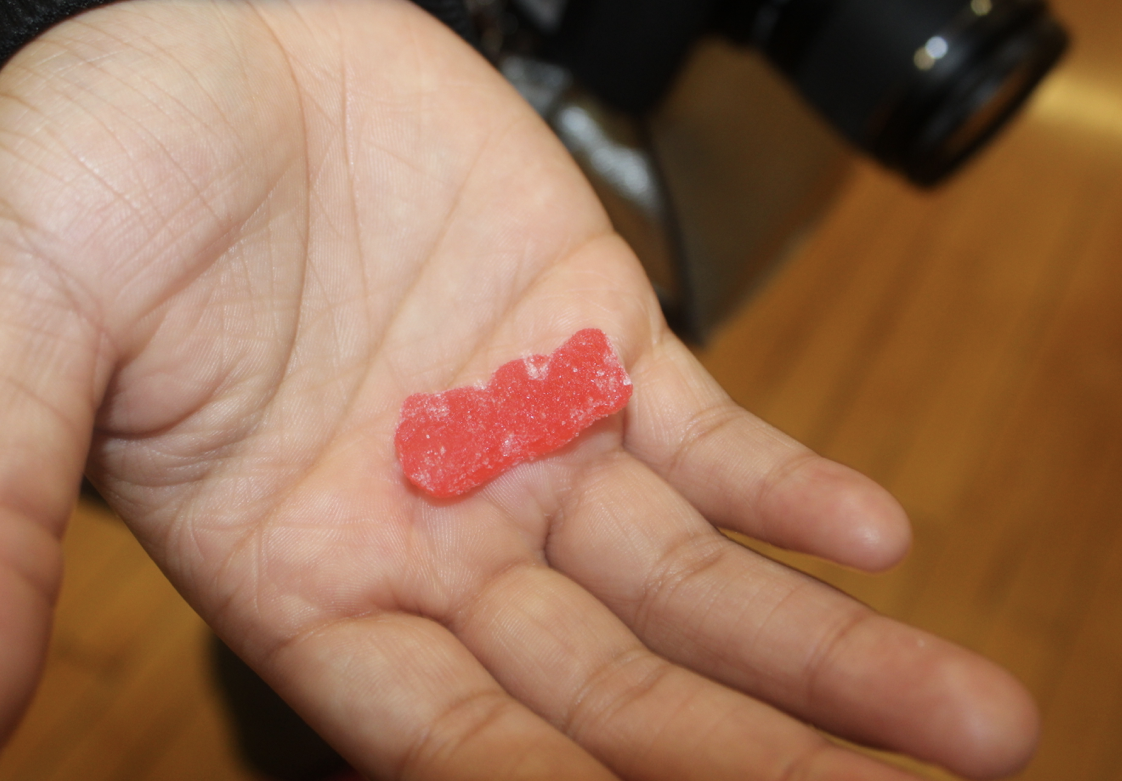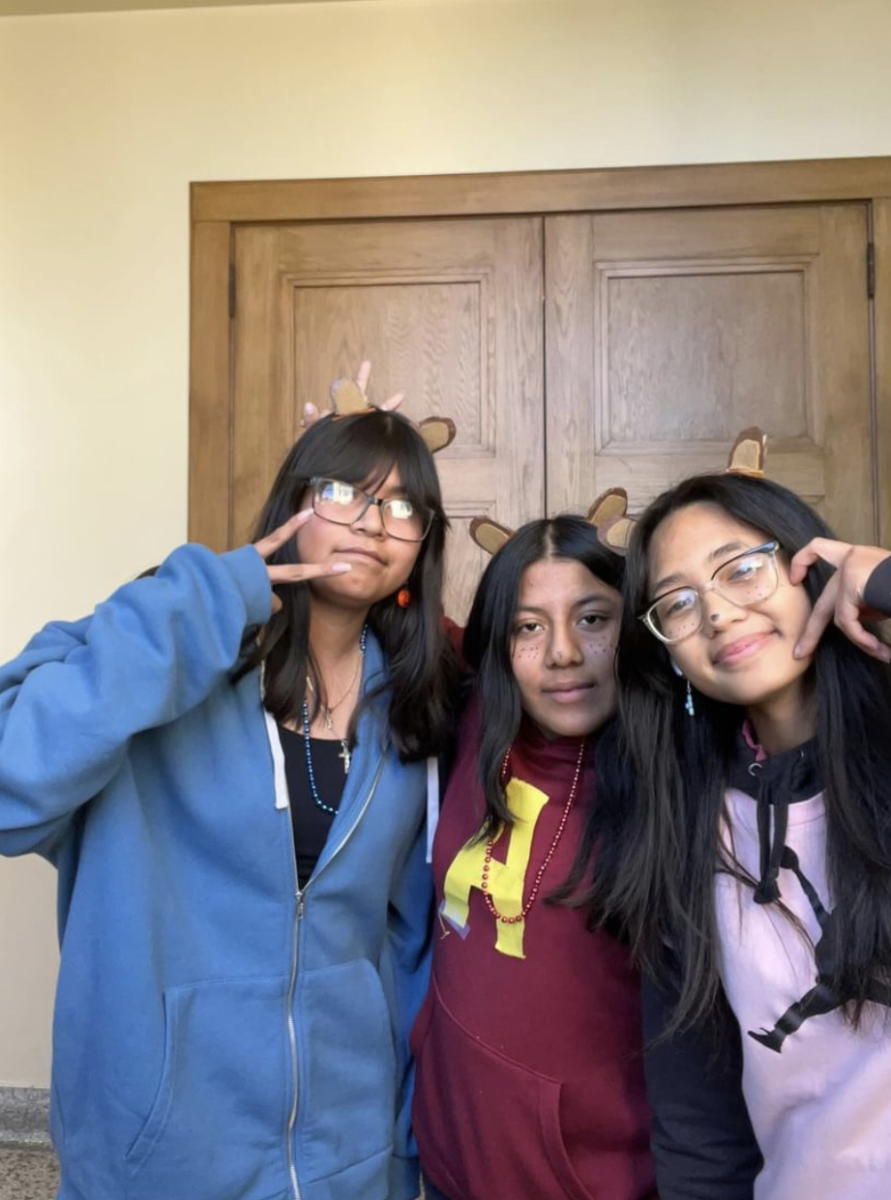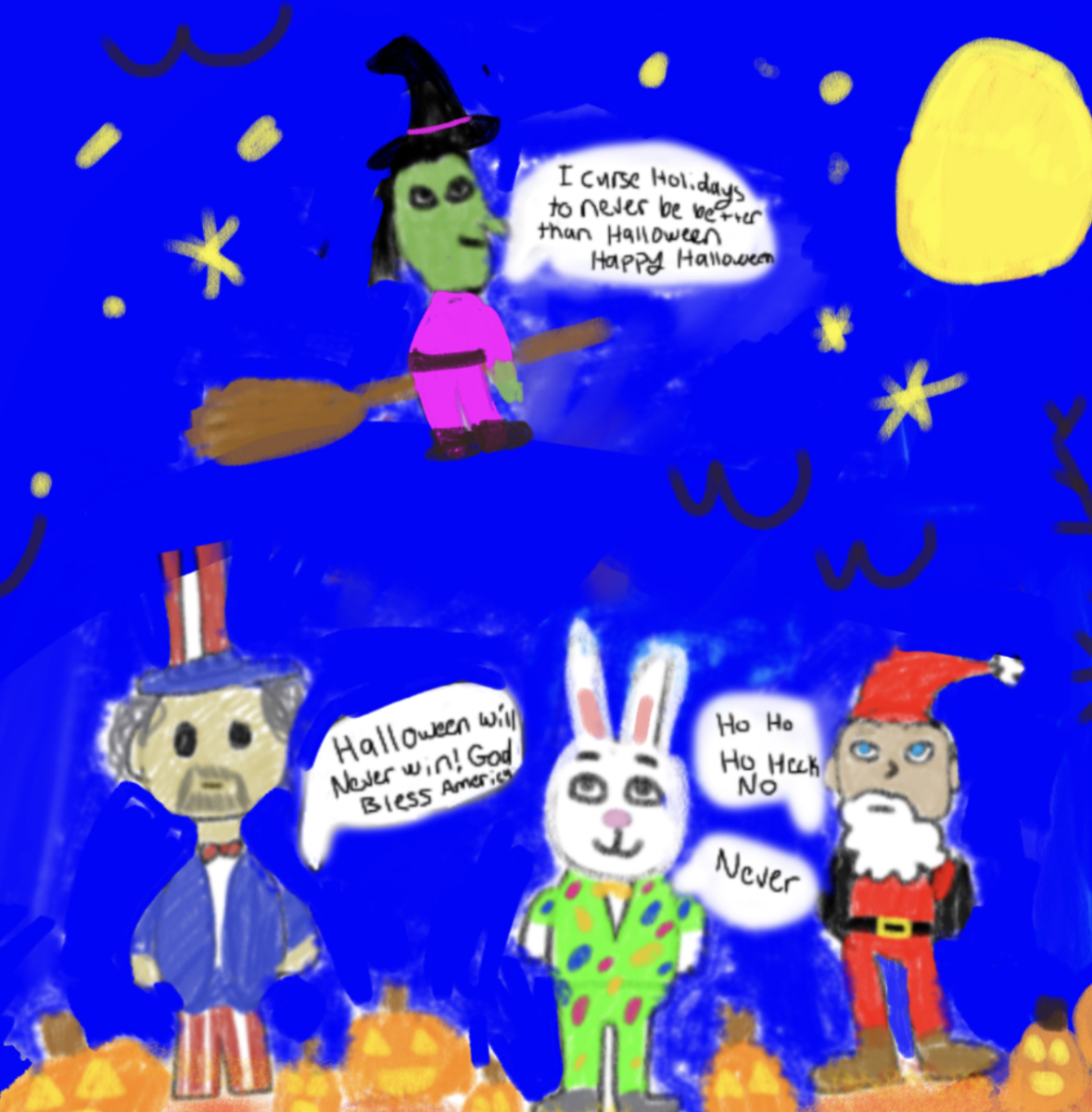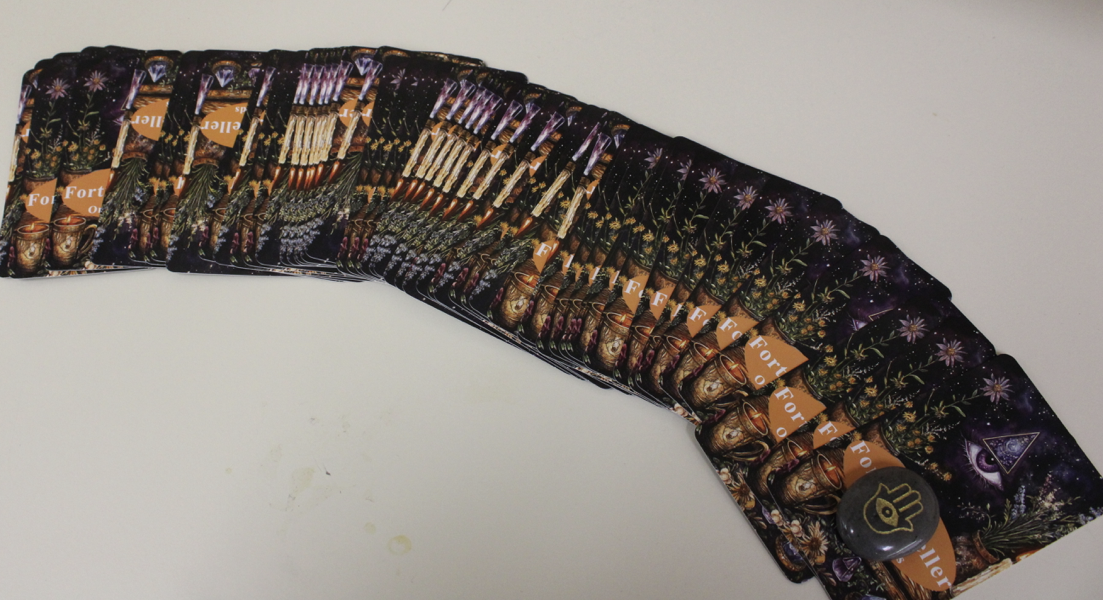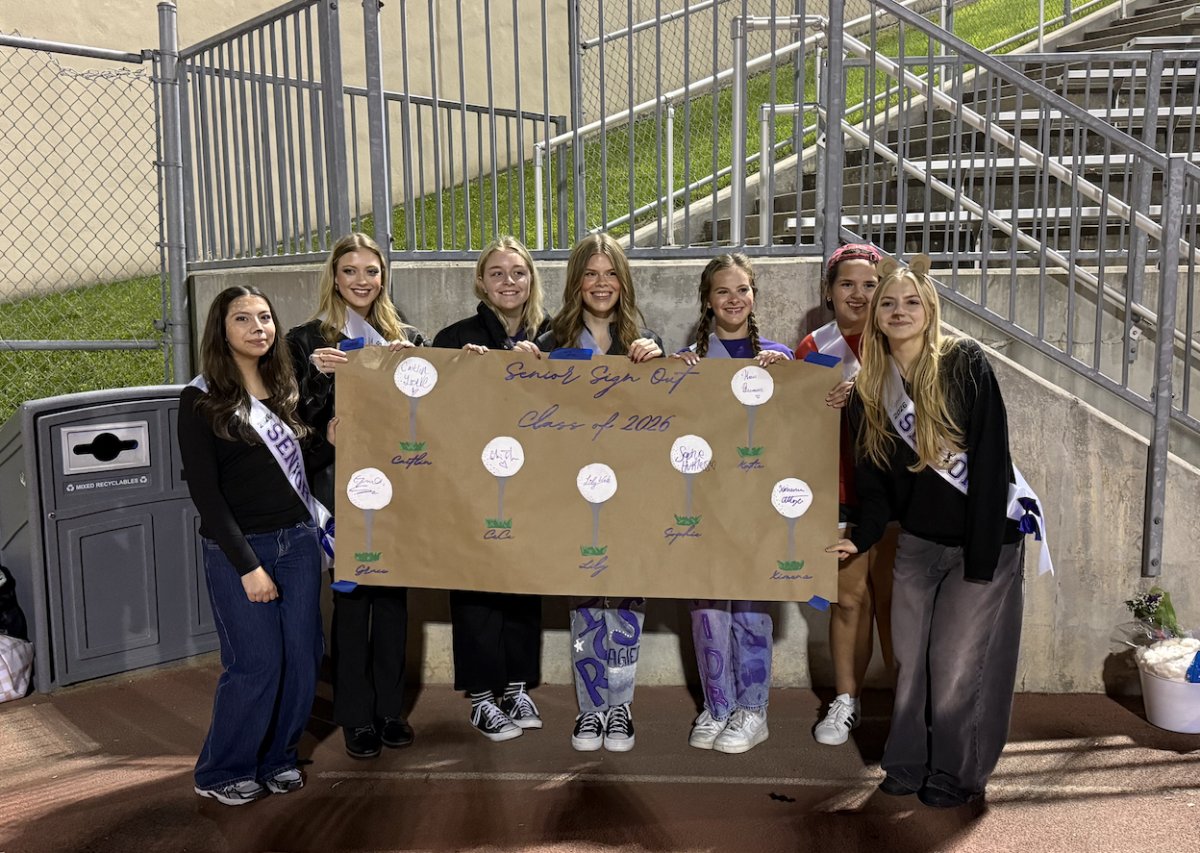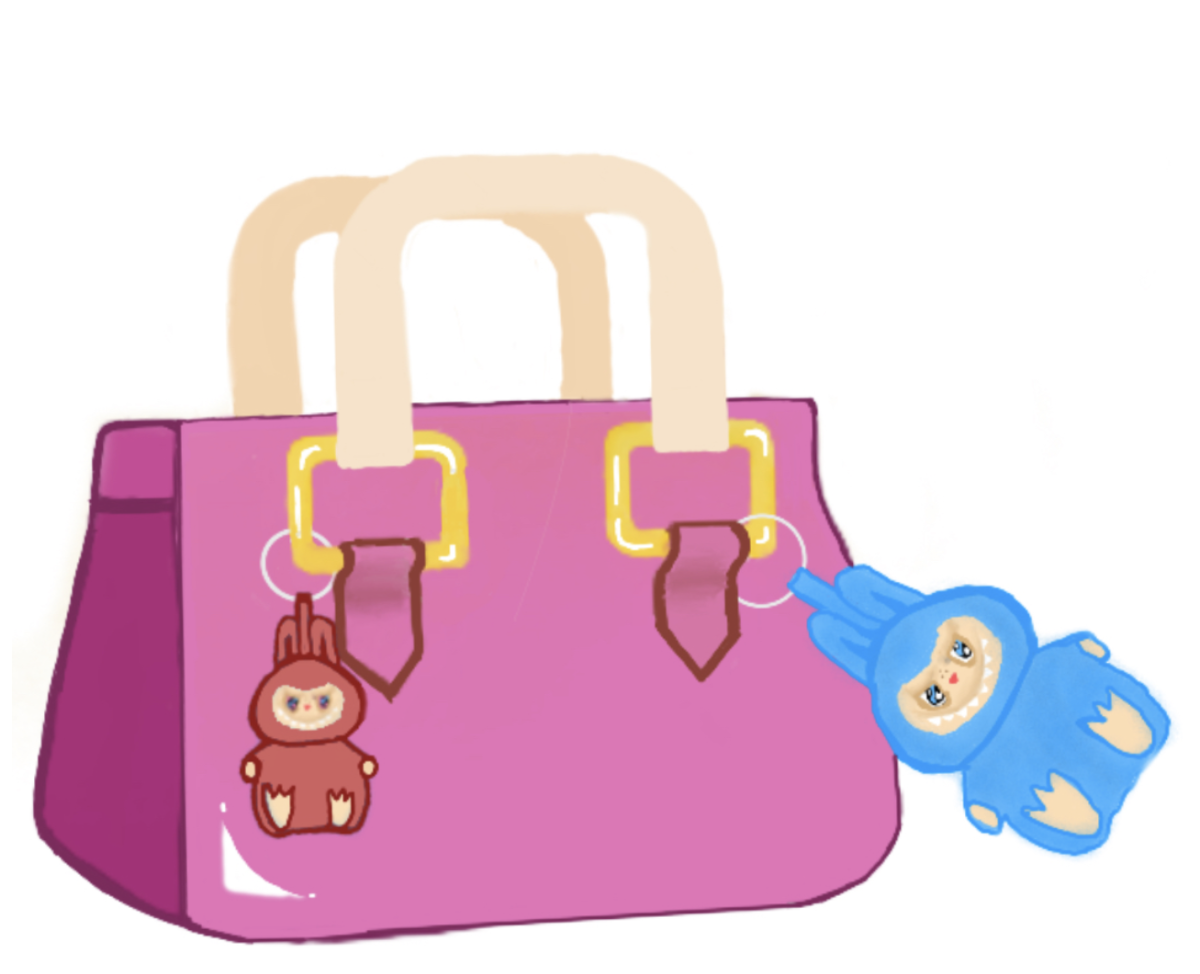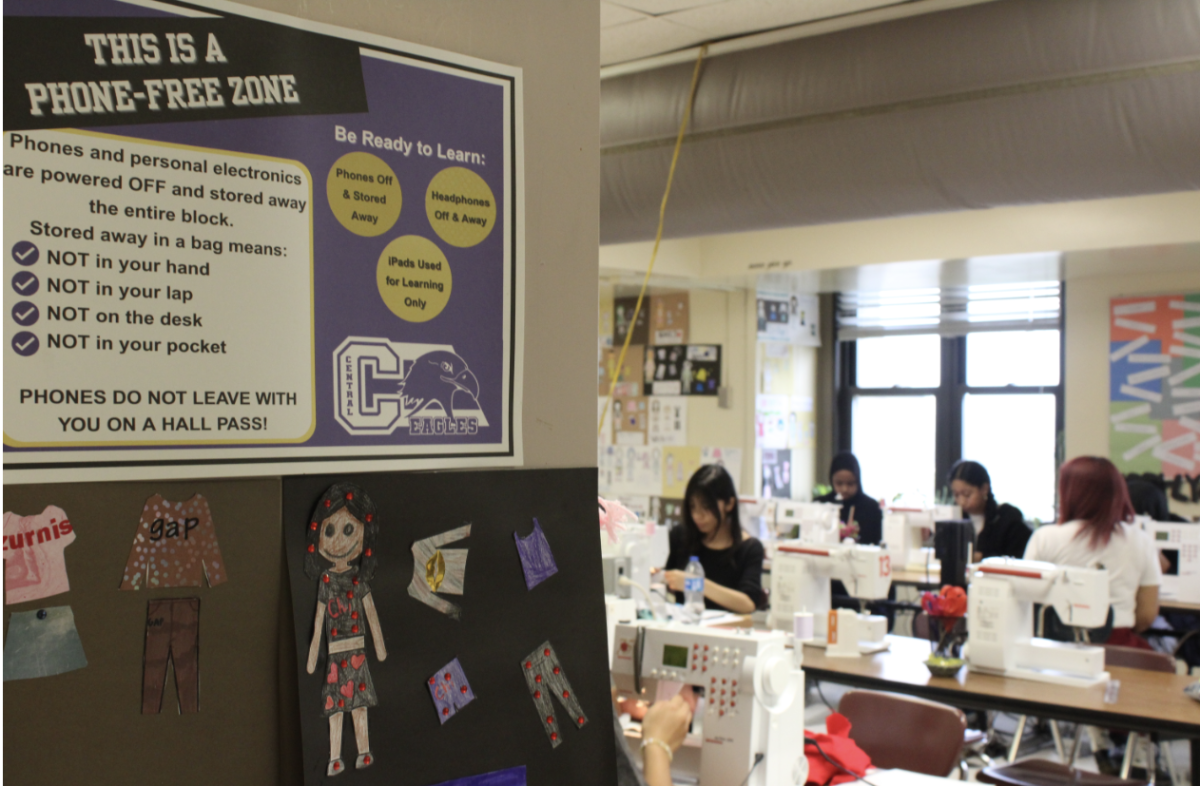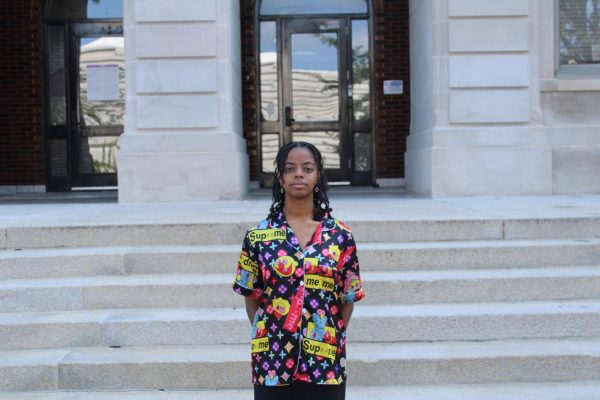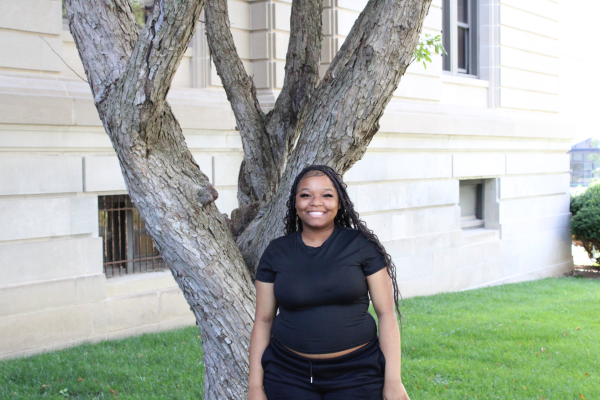People love to being told they are special, one of a kind. They crave labels that make us feel understood – unique, but not alone. Yet the second a system tries to capture that, whether it is astrology or the Myers-Briggs test, people rush to call it fake, generalized or pseudo-science. It is funny how people want to be seen, but only in their own terms.
The irony is, no science is bullet proof. Every theory starts small, tested on a limited group, then evolves. But when it comes to a personality system, people rarely look past the surface.
Take astrology for example, one of the oldest frameworks humans have used to understand themselves – long before psychology even existed. But today it is reduced to pop-culture sound bites: “Leo’s are loud.” “Scorpios are toxic,” or “Cancer’s cry too much.” Sure, it’s easy to write it off as a pseudo-science when all you see are the memes.
But behind the horoscope is a system that’s been refined for thousands of years, built on symbolism, observations and patterns. It’s not about predicting your love life or future career – it’s about interpreting personality through story and archetype, a language that survived across cultures for a reason.
MBTI gets the same treatment – dismissed as “basic”, even though it is rooted in actual psychological theory.
The Meyers-Briggs Type Indicator Test was developed in the 1940’s, based on Carl Jung’s 1921 theory of psychological types. The test was created to help people understand personality differences and work better together. Online culture watered down it down to memes and stereotypes – like “INTP’s being robots,” or “ENFP can’t focus.”
That surface level makes it seem empty. But when used properly, it’s meant to reveal how people process information, make decisions and interact with the world. It might not be perfect, but it’s still a tool for introspection and empathy. People reject it because it’s a simple misunderstanding – just like astrology. Both systems, when you look deeper, are really about understanding why we are the way we are.
Neither astrology nor MBTI are flawless – and that’s the point. They were never meant to be absolute truths. They’re mirrors, not murals. I understand why people write it off; astrology is mystical. MBTI can feel like a horoscope in a lab coat. But when you actually look into them, both offer a language for self-awareness that most of us don’t get from traditional science.
We don’t have to believe every claim or horoscope to see value or patterns. Sometimes, what matters isn’t whether the system is “proven” or not, but whether it helps people connect, reflect and grow. People like being told that they’re special, and if it takes a birth chart or four-letter code to start that conversation, I don’t see the harm in it.

